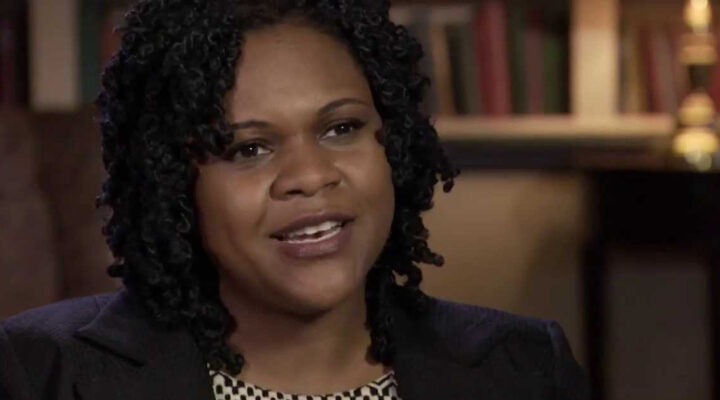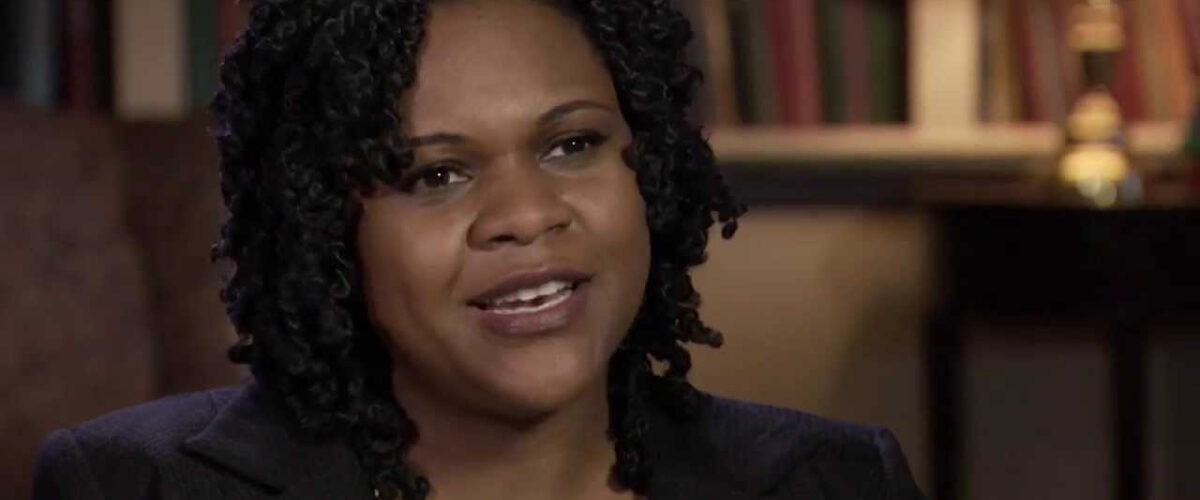The assumption that enslaved Africans encountered authentic faith only upon their arrival in America is a stereotype that needs to end, Yolanda Pierce, dean of the Howard University School of Divinity, said during a Feb. 23 Black History Month webinar.
That “empty vessel” concept holds that “enslaved persons came to the shores of this nation and somehow encountered the divine,” Pierce said in the event sponsored by the White House and Interfaith Youth Core. “That can’t be further from the truth. These men and women came from a wide variety of people groups and languages, and all came still holding to certain spiritual practices despite the horror of the voyage to this nation.”
Instead, 30% were Muslim while others were Christian or adherents of traditional African religions, she said. Atheists, humanists and freethinkers also were numbered among them.
The nation must “stop pretending that we came here as a monolith and that we are a monolith today. I am indebted to the religiosity of enslaved people,” said Pierce, a Christian and professor of religion and womanist theology at Howard.
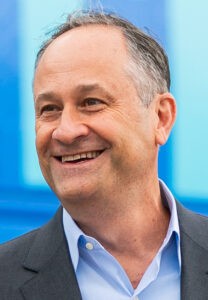
Douglas Emhoff
The webinar, “A Celebration of Black Interfaith and Religious Diversity in America,” consisted of Black Americans representing a variety of religions, including Buddhist, Christian, Jewish and Muslim traditions. Each spoke about the impact their communities have on mental health and on social and racial justice issues.
Douglas Emhoff, husband of Vice President Kamala Harris, delivered the keynote for the event held to launch IFYC’s Black Interfaith Project, an initiative designed to highlight the diversity of Black religiosity and its contributions to American civic and spiritual life.
Those contributions recently have included advocating for voting rights and for COVID-19 vaccines, Emhoff said. “Your work is not only healing communities, it is saving lives.”
Even the Second Family is religiously diverse, he noted. Emhoff is Jewish while Harris is a Baptist Christian raised by a Christian father and Hindu mother.
“As an interfaith family ourselves, we know that commitment to justice is a thread that runs through so many different religions,” he continued. “Because of that, diverse communities of faith are an inspiration to us.””
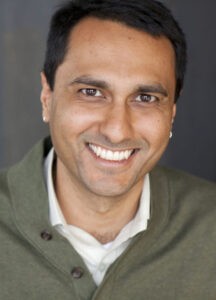
Eboo Patel
IFYC founder and President Eboo Patel added that a commonly overlooked fact about the Civil Rights movement was the rich religious diversity. “The Black-led Civil Rights movement included all religions working together to achieve the promise of America.”
The diversity embodied in the IFYC project is reflected even in Jewish Scriptures, said Rabbi Sandra Lawson, director of racial diversity for Reconstructing Judaism, the central organization of the Reconstructionist movement that supports rabbis and congregations in fostering emerging forms of the faith.
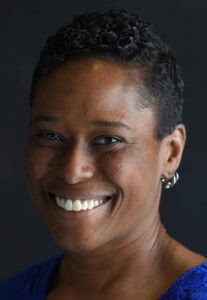
Sandra Lawson
It was an assorted group of people who escaped Egypt in the Exodus and that stood at the base of Mount Sinai to await the Torah and Commandments, she said. “Our values and our holy text say we have always been a mixed multitude of people. You can translate that to multi-racial and multi-ethnic.”
Lawson acknowledged that racism exists in the Jewish community and that some Jews can benefit from white privilege. But at the same time they can be subject to anti-semitism because their whiteness is provisional.
The ethnic diversity of Jewish people is often overlooked along the way, she said. “Globally, Jews are brown.”
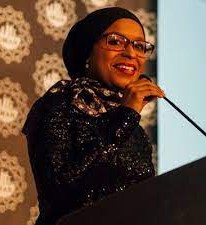
Alia Bilal
Alia Bilal shared how her Islamic organization in Chicago leans into an interfaith approach to advocate for social and economic justice in some of the city’s most underserved neighborhoods.
“We have created a space where people from all different backgrounds and faith traditions can come and find a place for themselves,” said Bilal, deputy director of the Inner-City Muslim Action Network, which also has a chapter in Atlanta.
The organization and its non-Muslim partners have staged multi-faith advocacy events in churches where “you wouldn’t know if you were in a powwow on a reservation, in a church revival or walking through the Old City in Jerusalem,” she said.
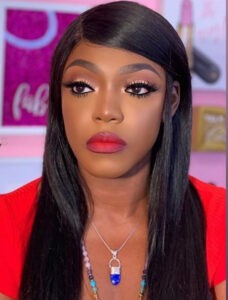
Jermira Trapp
Chicago police officer and Buddhist Jermira Trapp said she has leaned heavily on faith to overcome stereotypes about Black women on the force and to give her courage to seek mental health services.
Trapp said Buddhism has provided her with an “active, innate wisdom that enabled me to receive professional assistance” despite assumptions that a “Black woman in America must always be strong and seek no assistance.”
Related articles:
Inspiration from voices of American diversity | Opinion by Phawnda Moore

